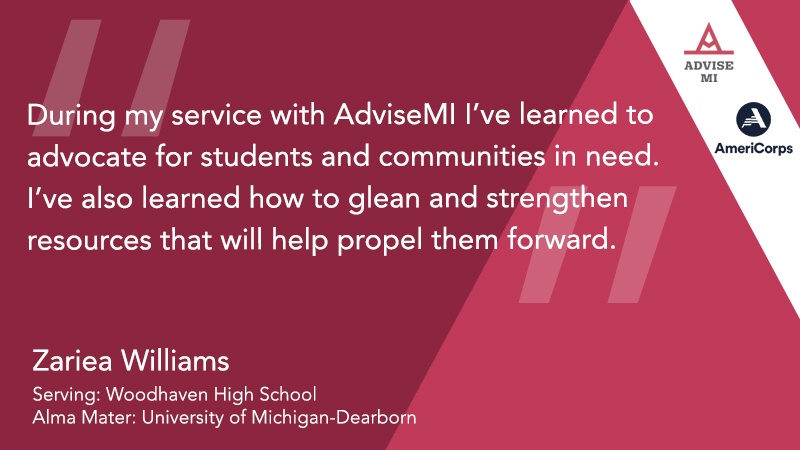
Note: The names of students have been changed to protect their identities.
“Am I going to get in?”
I hesitated, searching for the right words to soothe an anxious student. “Zoe” sat perfectly upright in the itchy nylon office chair, her body rigid with tension.
“Are my grades good enough to get in? This is the dream school — my family wants me to go here. I have to go.”
Agonizingly slow, Zoe was verbally inching me towards a corner in the room, and with each prodding question, she brought me closer to a conversation I was dreading. When her parents emigrated from their native country, Zoe’s mother took her girlish face in her hands and told the barely 13-year-old that first she’d be an American doctor and later she’d become a dutiful wife. Zoe carried that conviction with her for years until I watched it suffocate under the warm glow of my Himalayan-salt desk lamp. After a painful, tight-rope walk of a conversation about safety, target, and reach schools, the lamp threw lustrous highlights onto her face that made the welling tears gleam like little rhinestones dotting her cheeks. She asked if I could turn the lamp off.
During the chaos of March Madness, or what’s better known as FAFSA season, I’d taken comfort in a freshly-made #5 from Jimmy John’s. As I readied to take a bite from my sandwich, a barrage of knocks pelted my door. With the ferocity of the Kool-Aid Man, “Kelly” burst into my office and proudly announced she’d been admitted to both of her dream schools. She presented two award letters, both skimpy with awards. Kelly stumbled over the black Times New Roman “unsubsidized loan” because she’d never seen the words strung together before.
“Is that what I’d have to take out per year?” she asked with a furrowed brow. “Actually, that’s for the semester,” I countered.
There was a beat. Kelly gazed into the deep, dark, cavernous pit that is student debt and began to spiral. She locked eyes with me, then my sandwich, then me again. Seeing the paltry sums of aid the universities had thrown to her had seemingly brought on a fierce craving and made her hungrier than she’d ever been. I offered half of my #5 before opening the conversation to some alternative pathways for funding.
I have since watched Zoe strut across the gym floor in a headdress studded with beads and intricately stitched with a lace trim. She wore a sweep of mascara and a ruddy lipstick. As she accepted a local business scholarship, I reflected on her journey. After steering her toward a university that was willing to meet her academic needs, she was proud to announce she’d not only been accepted, but had earned a full-tuition scholarship as well. Earlier that same day, I was on the phone with MISSG discussing the terms of Kelly’s TIP status and explaining how to use those funds. Happily, she declared she’d prefer to start with a community college and transfer to a four-year university when she was ready.
I’ve learned through my experiences with Zoe, Kelly, and many other students climbing upward to postsecondary education, that the most important aspect of advising is understanding the needs of your students. This could mean for example, meeting them where they are and clarifying the vague, sometimes cryptic, corpo-jargon that is university speak, breaking down loans, or mapping out long-term paths. It’s imperative to prioritize the student’s financial and emotional needs when guiding them through their individual processes. It’s necessary to break down the nuances of language they don’t understand to ensure they are equipped with the tools to not only navigate postsecondary education alone, but to flourish while doing so. While it’s fine to celebrate leading students into postsecondary education, students like Zoe and Kelly demonstrate that addressing potential barriers to postsecondary retention is equally important. During my service with AdviseMI I’ve learned to advocate for students and communities in need. I’ve also learned how to glean and strengthen resources that will help propel them forward. Because of this, I feel invigorated by student advising work. It is essential, gratifying, difference-making work that elevates students through every step of their postsecondary journey.
AdviseMI adviser Zariea Williams shares student stories and lessons learned during her year of service.